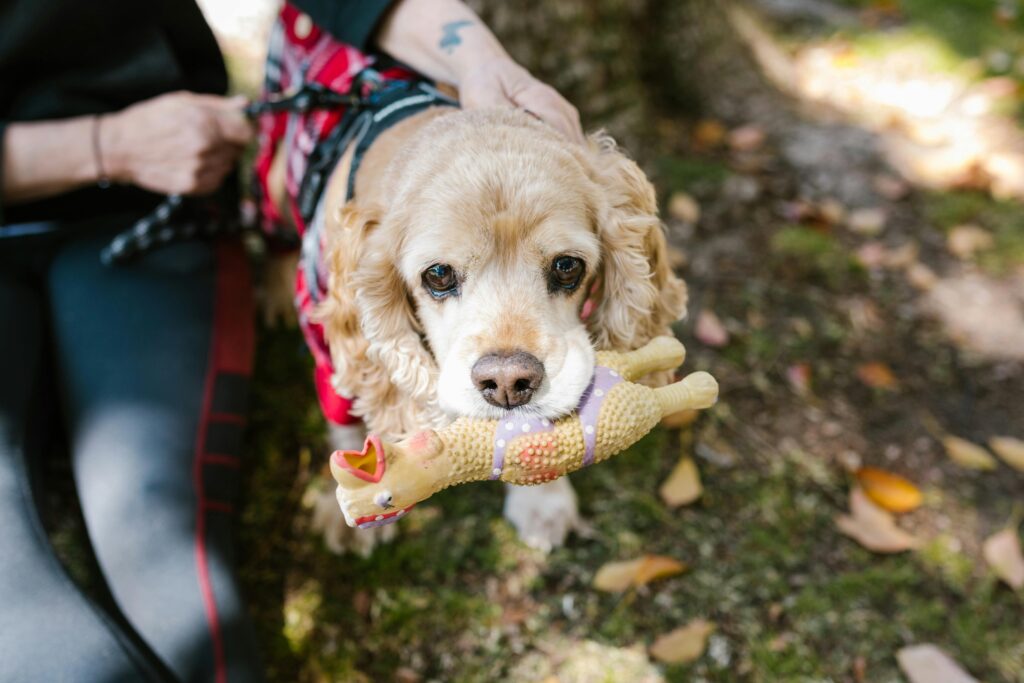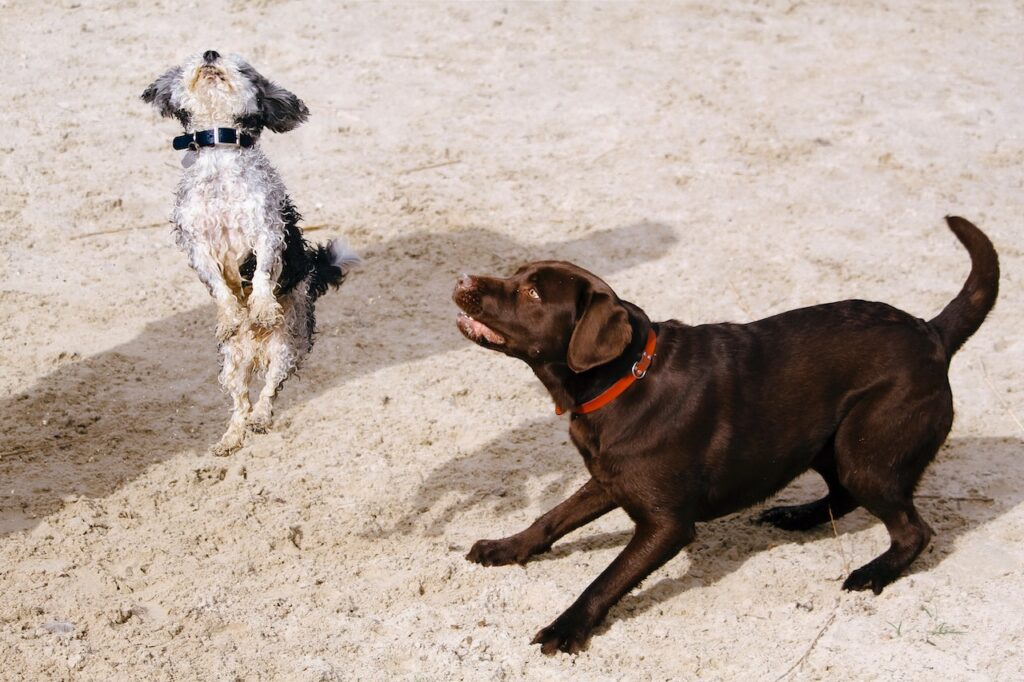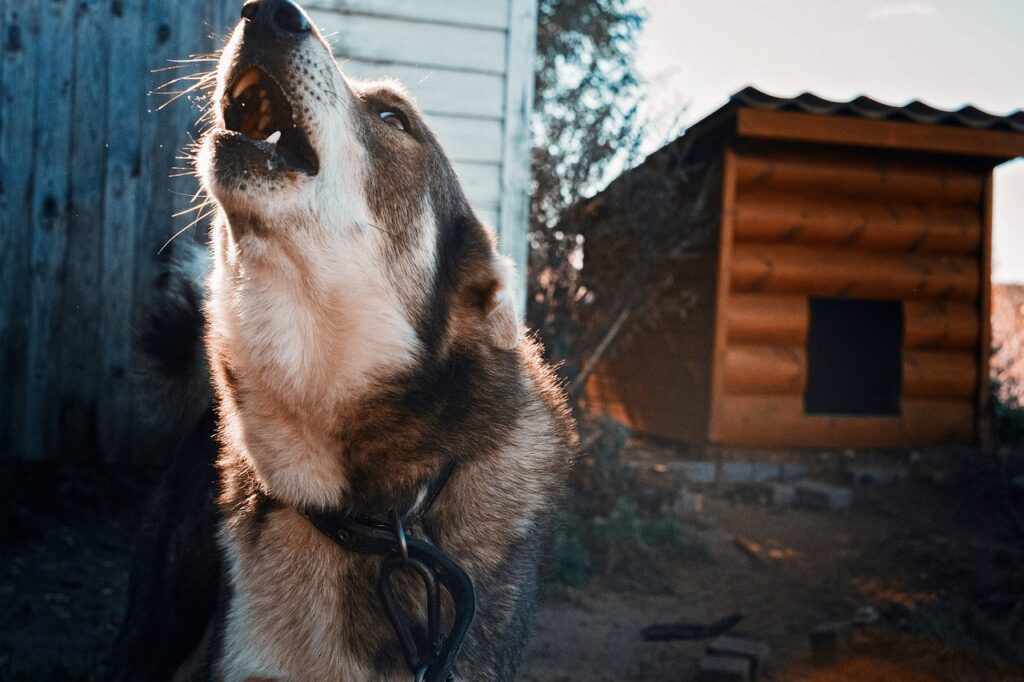It can come as a shock when you sweet fur legged buddy brings home an unwanted friend. As they sit their wagging their tail and beaming with pride, an owner most likely doesn’t share the same feeling. It’s natural for some dogs to chase small animals – it’s a strong instinct in many breeds. But what do you do when a squirrel, mouse, bird or another small animal shows up on your patio or even worse is brought inside your home? Here’s what to do if your dog catches one and brings it to you:
Safety First:
- Separate Your Dog: The most important thing is to ensure your safety and your dog’s safety. Leash your dog or gently remove them from the situation to prevent further harm to the animal.
Assess the Situation:
- Check the Animal: See if the other animal is injured or deceased. If it’s a wild animal, avoid handling it to prevent bites or disease transmission.
- Check Your Dog: Look for any injuries on your dog, especially scratches or bites from the other animal.
Taking Action:
- For Injured Animals: If the other animal is injured and appears salvageable, contact a wildlife rehabilitation center or local animal control for assistance. Do not attempt to care for injured wildlife yourself.
- For Deceased Animals: If the animal is deceased, you can dispose of it in a trash bag. Be sure to wash your hands thoroughly afterwards.
- For Your Dog: If your dog has minor injuries, clean them with a mild antiseptic solution. For any serious injuries, take your dog to the veterinarian immediately.
Understanding Your Dog:
- Instinctual Behavior: Recognize that chasing small animals is an ingrained instinct in some breeds, especially terriers and hounds. Punishing your dog for this behavior is likely ineffective.
Training for Better Control:
- Prevention is Key: Consider working with a professional dog trainer to develop a strong recall command and teach your dog to leave small animals alone. Positive reinforcement training methods are most effective.
Veterinarian Visit:
- Check-Up: If your dog seems overly fixated on chasing small animals, consult your veterinarian to rule out any underlying medical conditions that might be contributing to the behavior.
Keeping Calm:
- Avoid Scolding: Getting angry at your dog won’t help the situation. Focus on correcting the behavior and praising them for good choices.
Hygiene:
- Bathing is Optional: Bathing your dog isn’t necessary unless they rolled around in something messy while chasing the animal. A simple wipe-down with a damp cloth might suffice.
Remember, the goal is to ensure everyone’s safety and prevent future occurrences. By understanding your dog’s instincts, focusing on positive training methods, and seeking professional help if needed, you can create a more harmonious environment for your furry friend and the neighborhood wildlife.



